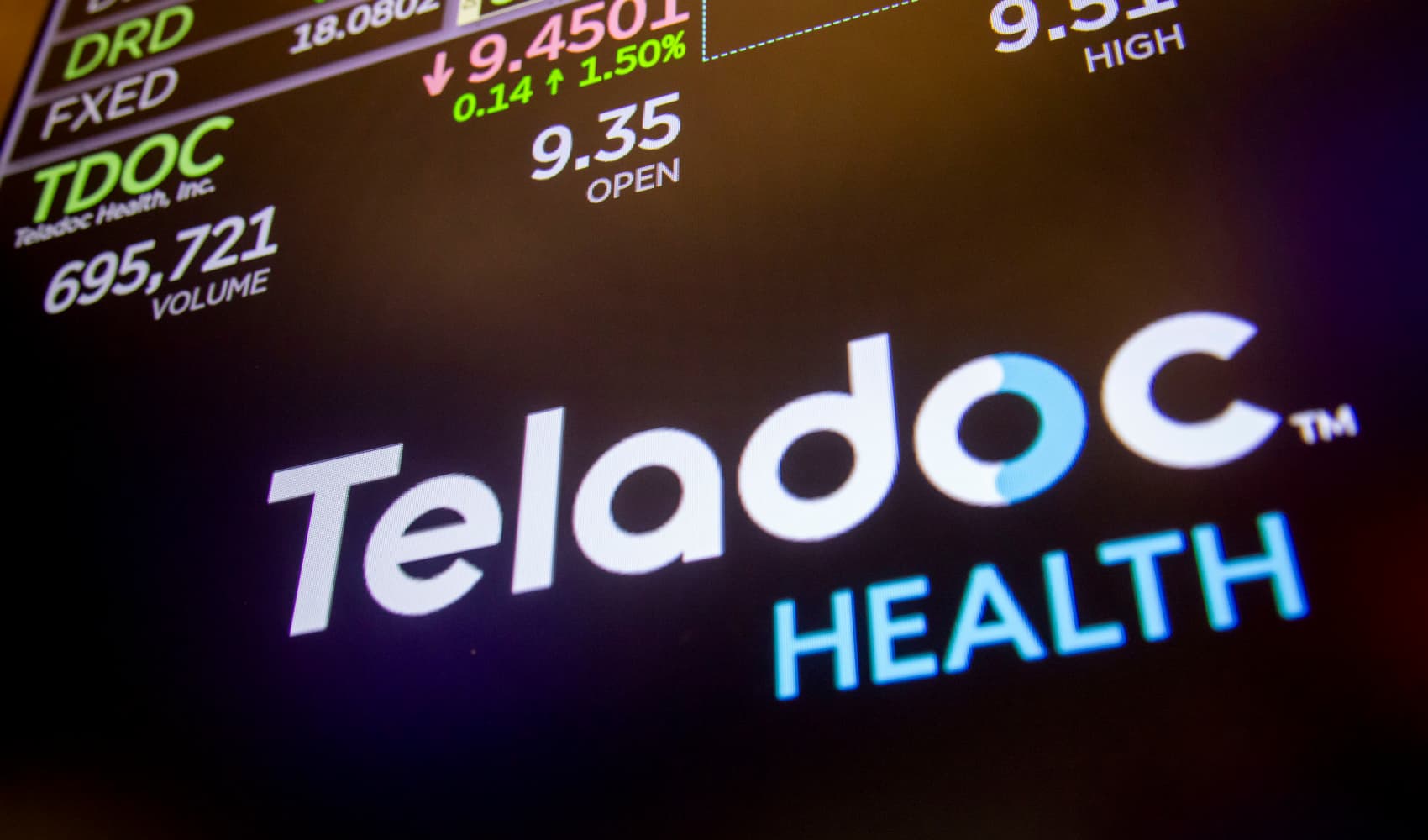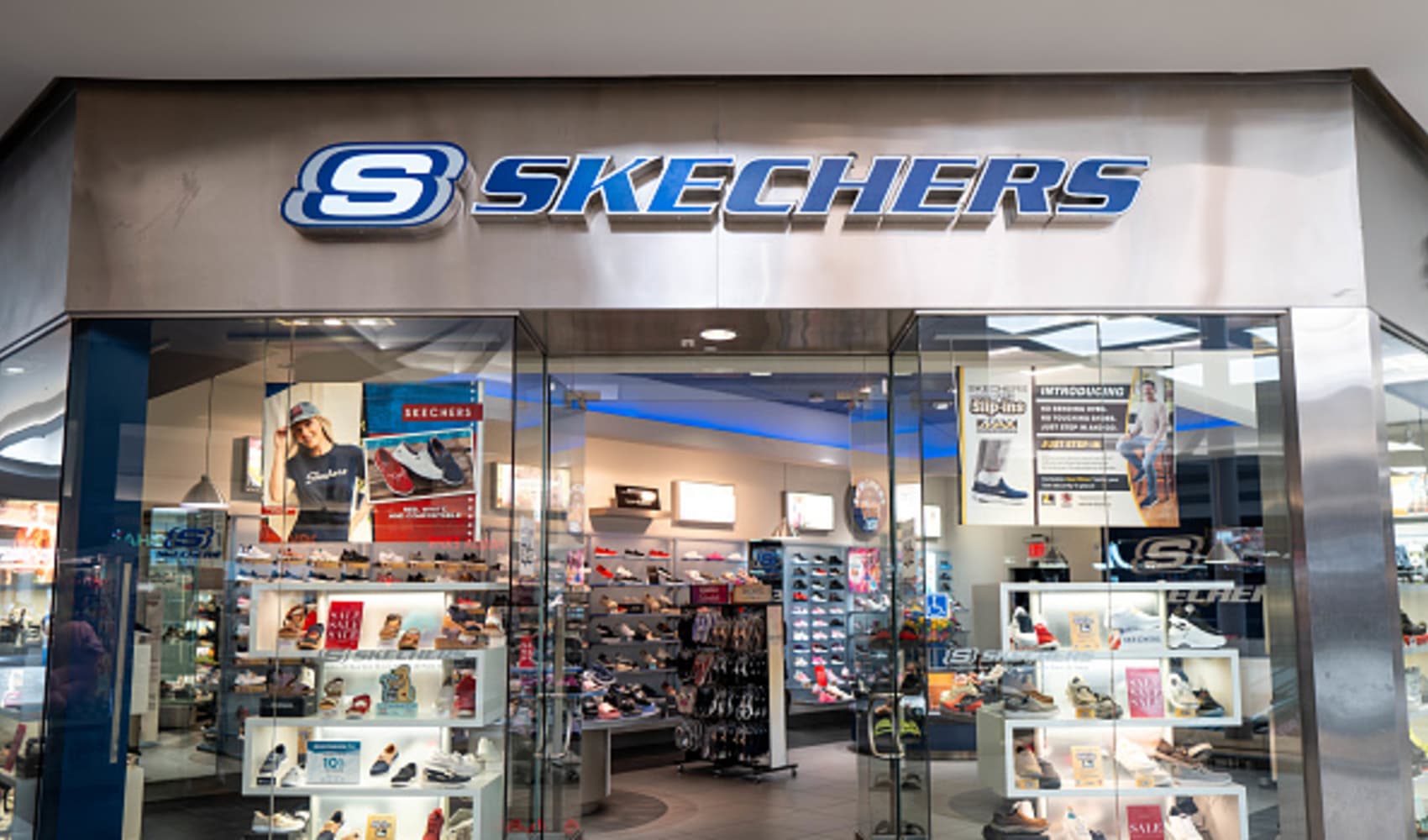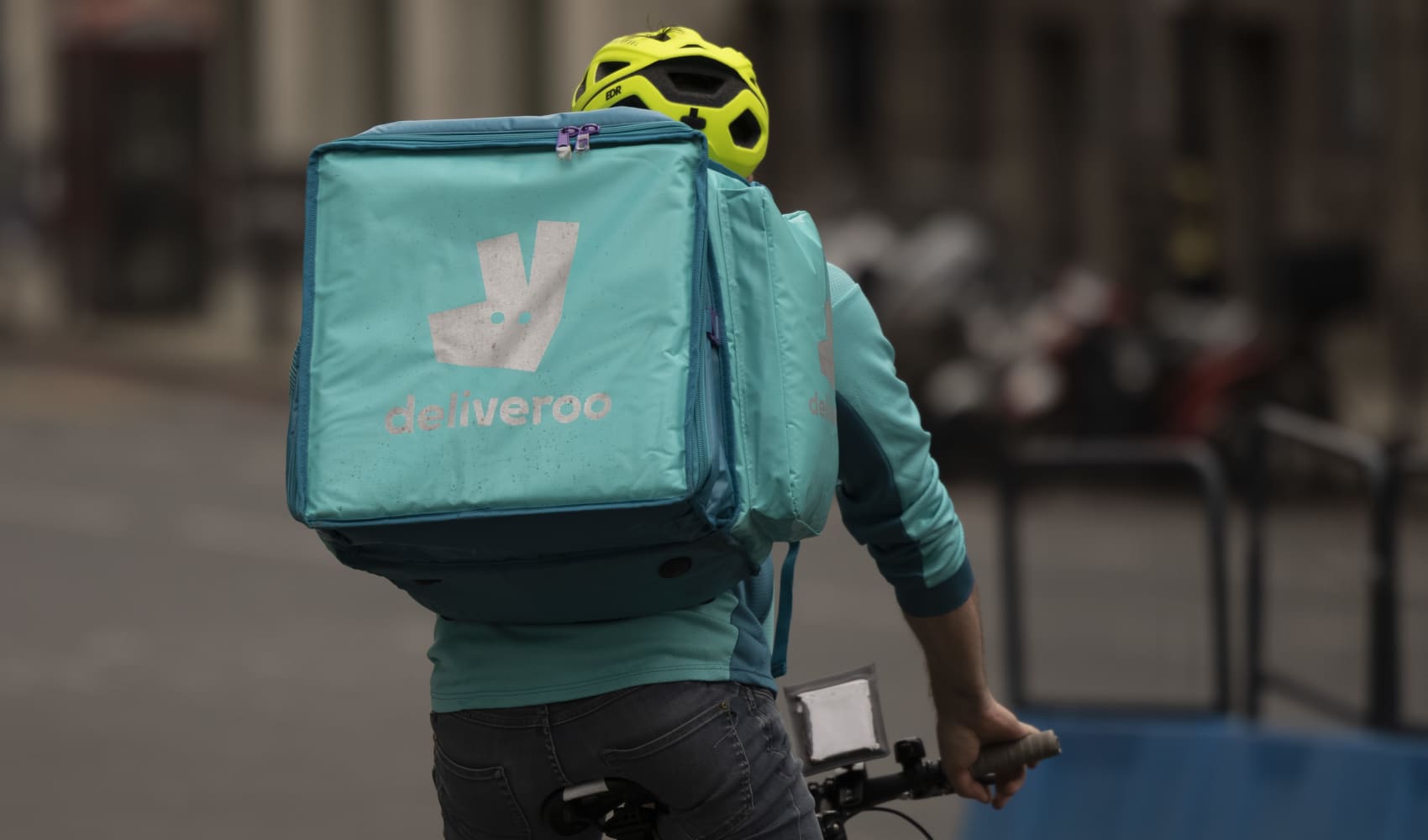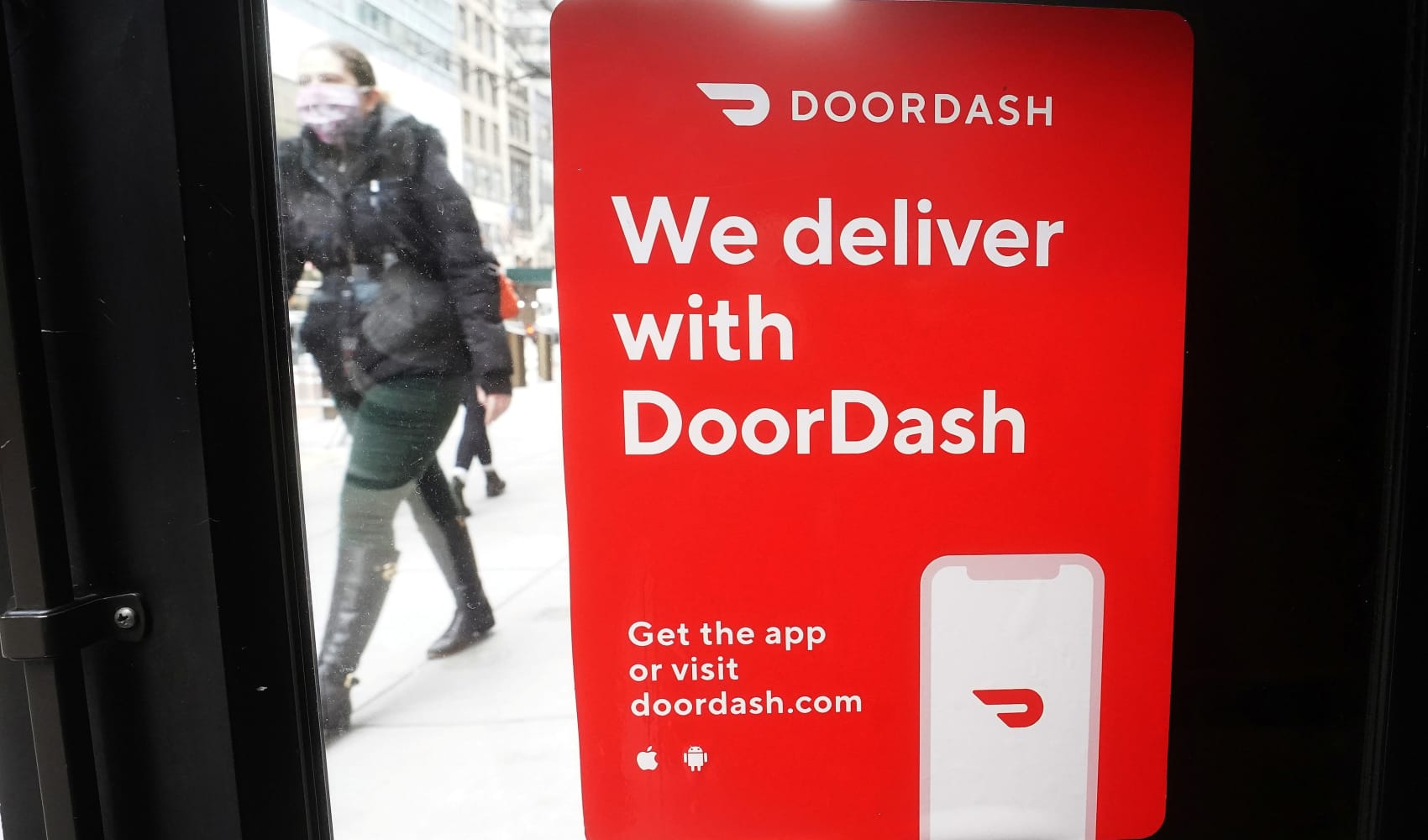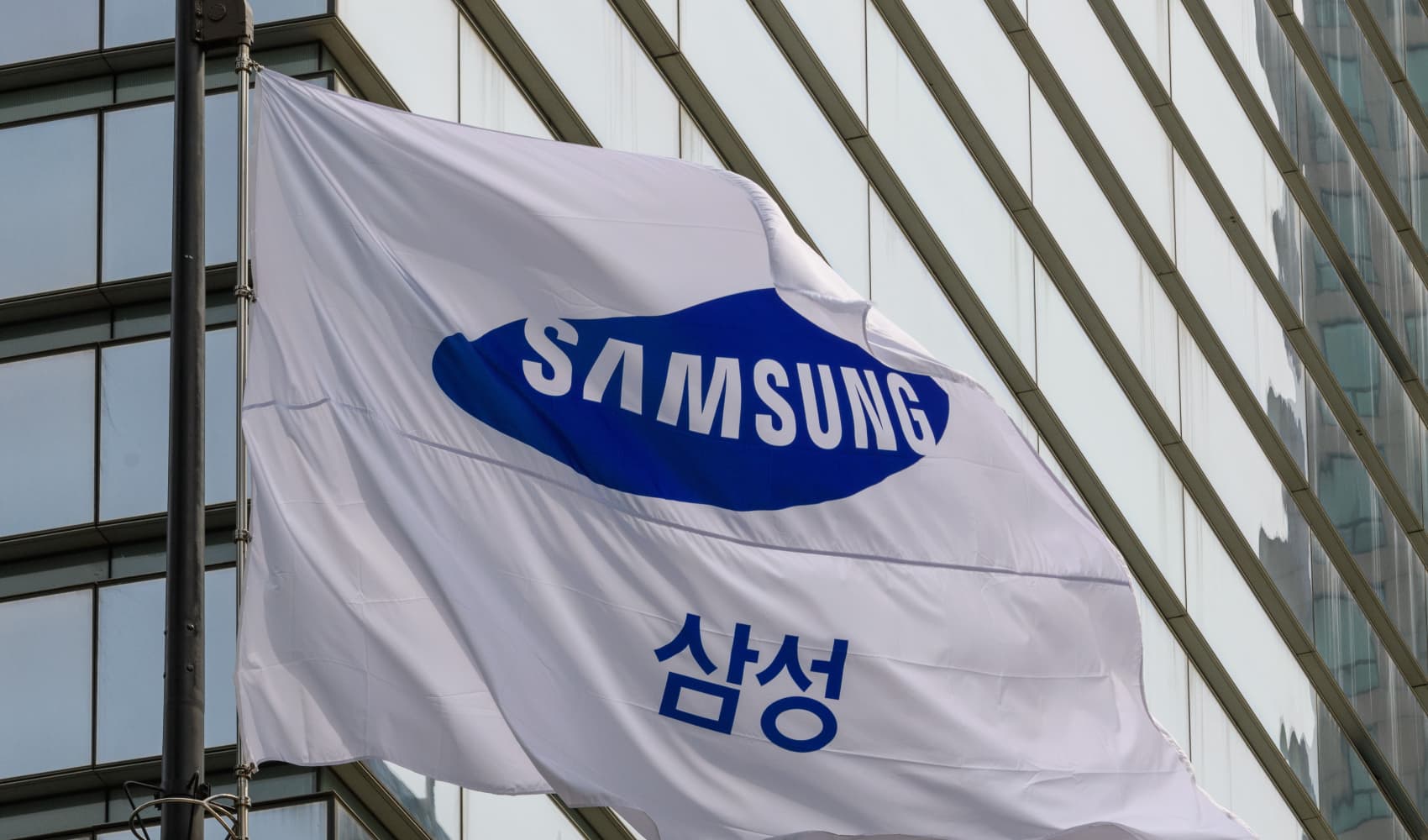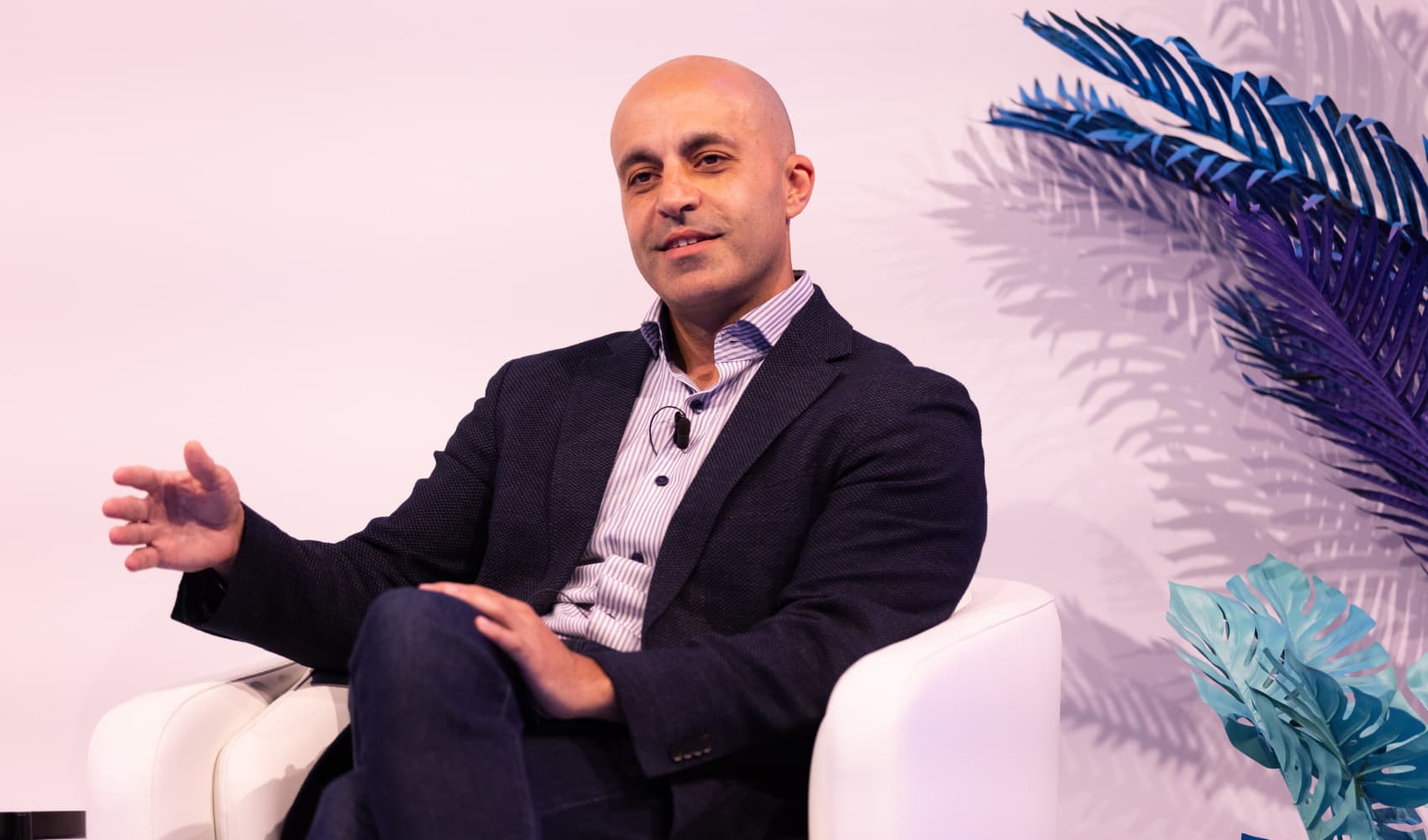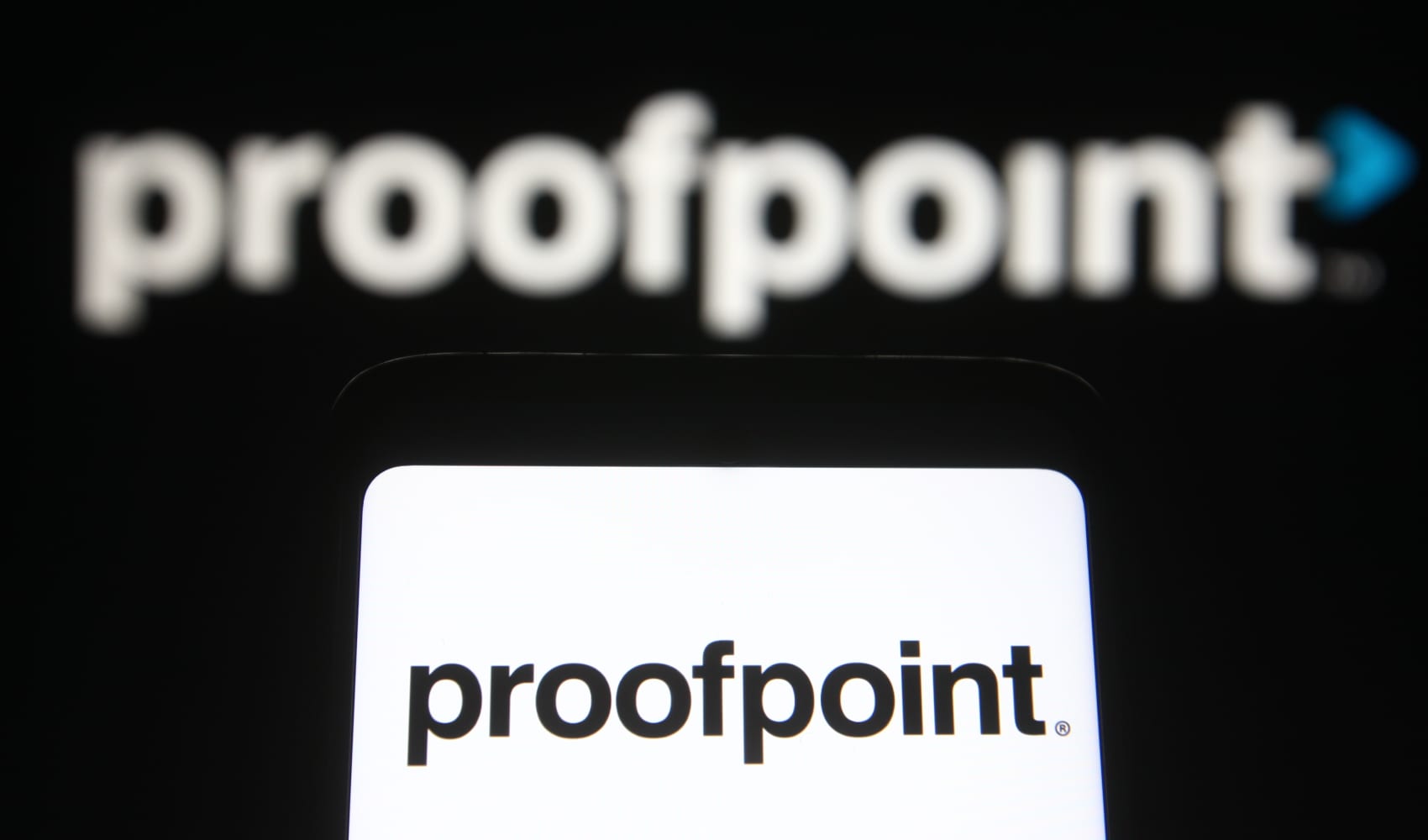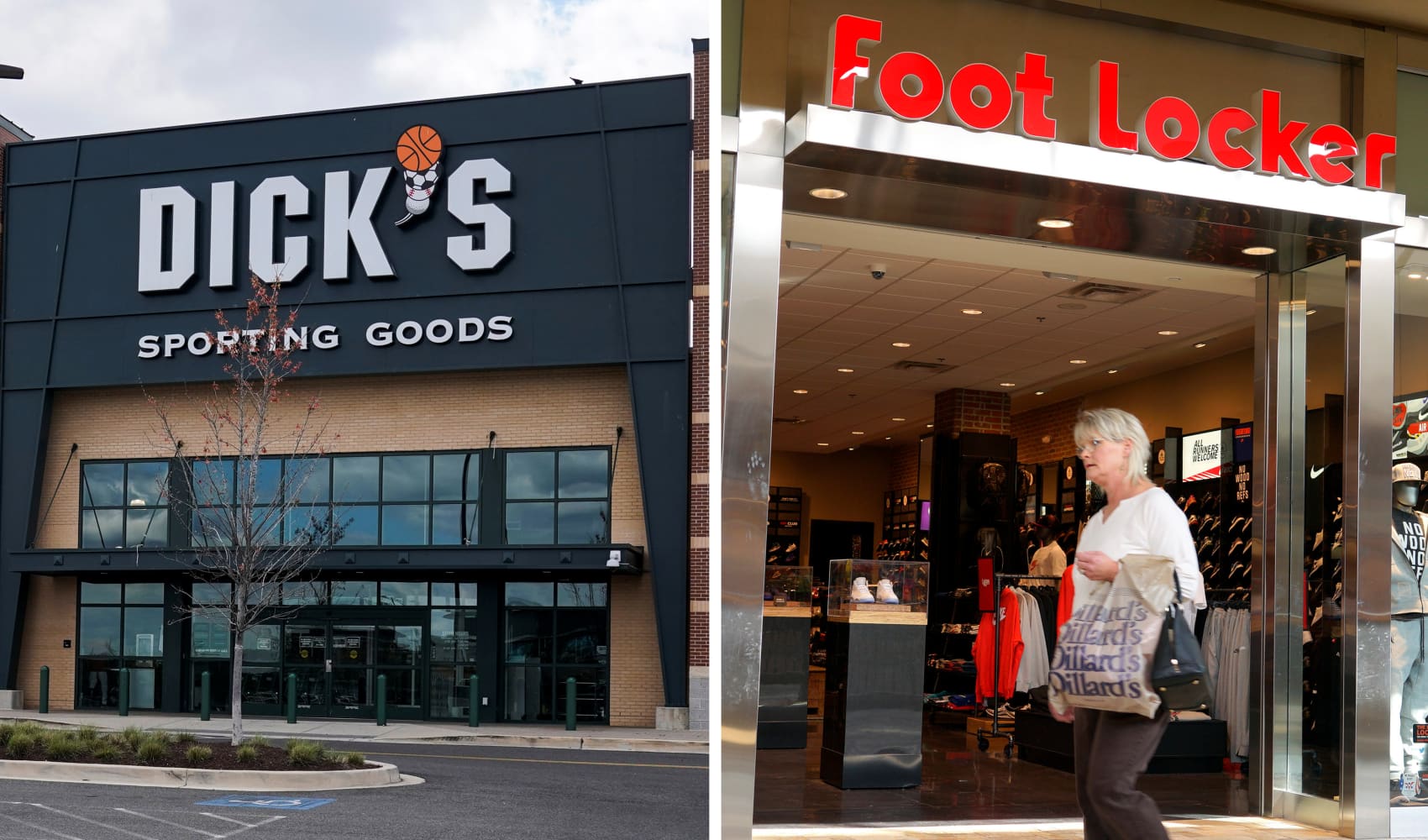Deliveroo Soars: DoorDash's $3.6B Takeover Offer Revealed!
Deliveroo's Rocket Ride: Shares Soar on DoorDash Takeover Bid!
Introduction: A Game-Changing Deal in the Food Delivery Wars?
Hold onto your hats, folks! The food delivery landscape is about to get a serious shakeup. Shares of British food delivery giant Deliveroo have skyrocketed, reaching heights unseen in over three years. Why the sudden surge? The company has confirmed receiving a juicy $3.6 billion takeover offer from none other than U.S. heavyweight DoorDash. This isn't just any deal; this could be a complete game-changer for the industry. Is this the beginning of a new era, or just a flash in the pan? Let's dive in and find out!
The Offer That Rocked the Market: DoorDash's Bold Move
The news of DoorDash's takeover bid sent shockwaves through the market. A $3.6 billion offer is nothing to sneeze at, especially considering Deliveroo's recent performance. This move signals DoorDash's ambition to expand its global footprint and challenge existing players on a much larger scale. But what exactly does this mean for consumers, drivers, and the future of food delivery itself?
The Specifics of the Deal
While the details are still emerging, the initial offer has been enough to send Deliveroo's shares soaring. It's important to understand that this is still just an offer, and negotiations are likely ongoing. We can expect further developments in the coming weeks as both companies iron out the specifics of the deal.
Deliveroo's Response: Buyback Program on Hold
In the wake of the DoorDash offer, Deliveroo has taken swift action. The company announced an immediate suspension of its £100 million ($133.5 million) share buyback program that was only announced a few weeks prior. This move suggests that Deliveroo is seriously considering the offer and wants to preserve its financial flexibility during negotiations. It's like pausing a board game mid-turn when a much bigger offer comes along!
Why Suspend the Buyback?
Suspending the buyback is a smart move for Deliveroo. A buyback program typically aims to boost share prices by reducing the number of shares available in the market. However, with DoorDash's offer on the table, focusing on the acquisition deal is now the priority. Think of it as trading short-term gains for a potentially much larger, long-term payoff.
Regulatory Hurdles: Will the Deal Pass Scrutiny?
Mergers of this magnitude always raise questions about regulatory approvals. Will the deal face any obstacles from antitrust authorities? According to analysts at Citi, the likelihood of major regulatory hurdles is low. The key reason? Deliveroo and DoorDash don't have any overlapping operational geographic areas. This is a significant advantage, as it minimizes concerns about creating a monopoly or reducing competition in any specific market.
A Smooth Regulatory Path?
The lack of geographic overlap significantly reduces the risk of regulatory intervention. This isn't to say there won't be any scrutiny, but the path to approval appears to be relatively smooth. This is great news for both companies, as it increases the likelihood of the deal ultimately going through.
The Market Reaction: Investor Confidence Soars
The market has reacted positively to the news, with Deliveroo's shares jumping to their highest level in over three years. This indicates strong investor confidence in the potential benefits of the acquisition. Investors clearly believe that DoorDash's expertise and resources can help Deliveroo reach new heights. It's like adding rocket fuel to an already promising engine!
What Does This Mean for Shareholders?
For Deliveroo shareholders, this is undoubtedly good news. The increased share price translates to higher returns on their investments. Whether they choose to sell their shares now and cash in, or hold onto them in anticipation of further gains, they are in a favorable position.
DoorDash's Expansion Strategy: Global Domination?
DoorDash's interest in Deliveroo is a clear indication of its ambitions to expand its global presence. While DoorDash is a dominant player in the U.S. market, it has been looking for opportunities to grow internationally. Acquiring Deliveroo would give DoorDash a significant foothold in Europe and other markets where Deliveroo has a strong presence. Are they planning world domination? Only time will tell!
Beyond the U.S.: A New Frontier for DoorDash
For DoorDash, this acquisition represents a strategic move to diversify its revenue streams and reduce its reliance on the U.S. market. By expanding globally, DoorDash can tap into new customer bases and potentially unlock significant growth opportunities.
Competition in the Food Delivery Space: A Heated Battle
The food delivery market is fiercely competitive, with players like Uber Eats, Just Eat Takeaway, and others vying for market share. The potential merger between DoorDash and Deliveroo could further intensify this competition. The combined entity would create a formidable force in the industry, putting pressure on other players to innovate and improve their services.
Who Will Emerge Victorious?
The battle for supremacy in the food delivery space is far from over. The potential DoorDash-Deliveroo merger will undoubtedly reshape the landscape, but other players are unlikely to sit idly by. Expect to see increased competition, new innovations, and potentially further consolidation in the coming years. It's a fight to the finish!
The Impact on Consumers: More Choices, Better Service?
What does all this mean for you, the hungry consumer? In theory, increased competition and consolidation should lead to better services and more choices. The combined entity of DoorDash and Deliveroo could leverage its scale to offer lower prices, faster delivery times, and a wider selection of restaurants. But will it really play out that way?
The Promise of a Better Delivery Experience
Consumers can potentially benefit from improved technology, enhanced logistics, and a more streamlined ordering process. The combined entity could also invest in new features and services, such as drone delivery or personalized recommendations. The future of food delivery could be very exciting indeed!
The Future of Deliveroo: A New Chapter?
If the acquisition goes through, Deliveroo will enter a new chapter in its history. While the brand may remain, the company will likely undergo significant changes under DoorDash's ownership. This could involve integrating technologies, streamlining operations, and potentially expanding into new markets. It's the end of an era, but also the beginning of a new one.
What's Next for the Iconic Brand?
The question remains: what will become of the Deliveroo brand? Will DoorDash retain it, rebrand it, or gradually phase it out? The answer to this question will likely depend on DoorDash's overall strategy and its assessment of the brand's value in different markets.
The Driver's Perspective: Opportunities and Challenges
The potential merger also raises questions about the impact on drivers, who are a critical part of the food delivery ecosystem. Will the acquisition create new opportunities for drivers, or will it lead to reduced pay or fewer flexible working options? The answers to these questions are crucial for ensuring a fair and sustainable food delivery model.
Ensuring Fair Treatment for Drivers
It's essential that DoorDash and Deliveroo prioritize the well-being of their drivers. This includes providing fair pay, access to benefits, and safe working conditions. A happy and motivated driver base is essential for delivering a high-quality service to consumers.
Financial Implications: A Boon for DoorDash?
From a financial perspective, the acquisition of Deliveroo could be a significant boon for DoorDash. It would give DoorDash access to new markets, technologies, and talent. It could also lead to significant cost synergies through economies of scale and improved efficiency. Is this a golden ticket for DoorDash?
Unlocking Synergies and Growth
The acquisition of Deliveroo would allow DoorDash to leverage its existing infrastructure and expertise to accelerate growth in new markets. It could also lead to cross-selling opportunities, such as offering DoorDash services to Deliveroo customers, and vice versa. The potential synergies are significant.
Expert Opinions: What Analysts are Saying
Analysts are closely watching the developments surrounding the DoorDash-Deliveroo deal. Their opinions vary, but most agree that the acquisition would be a positive move for both companies. They cite the lack of geographic overlap, the potential for synergies, and the strategic benefits of global expansion as key factors supporting the deal.
A Positive Outlook for the Future
While some analysts express concerns about the potential challenges of integrating two large organizations, the overall outlook for the deal is positive. Most believe that the benefits outweigh the risks, and that the acquisition would create significant value for both companies.
The Global Food Delivery Market: Trends and Projections
The global food delivery market is experiencing rapid growth, driven by factors such as changing consumer habits, technological advancements, and the increasing popularity of online ordering. The market is expected to continue growing in the coming years, presenting significant opportunities for companies like DoorDash and Deliveroo. Are we witnessing the dawn of a new era in dining?
Riding the Wave of Growth
Companies that can adapt to changing consumer preferences, leverage technology effectively, and offer a seamless delivery experience are best positioned to succeed in this dynamic market. The DoorDash-Deliveroo merger could create a powerhouse capable of capitalizing on these trends and driving further growth.
Conclusion: A Pivotal Moment for the Industry
The potential takeover of Deliveroo by DoorDash represents a pivotal moment for the food delivery industry. This deal, if it goes through, will reshape the competitive landscape, create new opportunities for growth, and potentially lead to a better experience for consumers and drivers alike. The road ahead may be uncertain, but one thing is clear: the food delivery wars are far from over, and the stakes are higher than ever.
Frequently Asked Questions
1. Why is DoorDash interested in buying Deliveroo?
DoorDash is looking to expand its global footprint beyond the United States. Acquiring Deliveroo would give them immediate access to established markets in Europe and other regions, accelerating their international growth strategy.
2. Will Deliveroo's brand disappear if DoorDash takes over?
That's still uncertain. DoorDash could choose to retain the Deliveroo brand, rebrand the entire operation, or gradually phase out the Deliveroo name. It depends on their long-term strategy and brand assessment in different markets.
3. What happens to Deliveroo drivers if the merger happens?
The impact on drivers is a key concern. Ideally, the merger would create new opportunities and ensure fair pay and working conditions. However, there's also a risk of reduced pay or fewer flexible options. It's crucial for DoorDash to prioritize the well-being of drivers.
4. How will this merger affect the prices I pay for food delivery?
Potentially, increased competition and efficiency could lead to lower prices for consumers. However, it's also possible that prices could remain the same or even increase due to other factors like inflation or increased demand. It's a complex equation.
5. Will the DoorDash app and the Deliveroo app merge into one?
It's possible, but not necessarily a given. DoorDash might choose to keep the apps separate, at least initially, to cater to different markets and user preferences. Eventually, they could integrate the functionalities into a single, unified platform.

